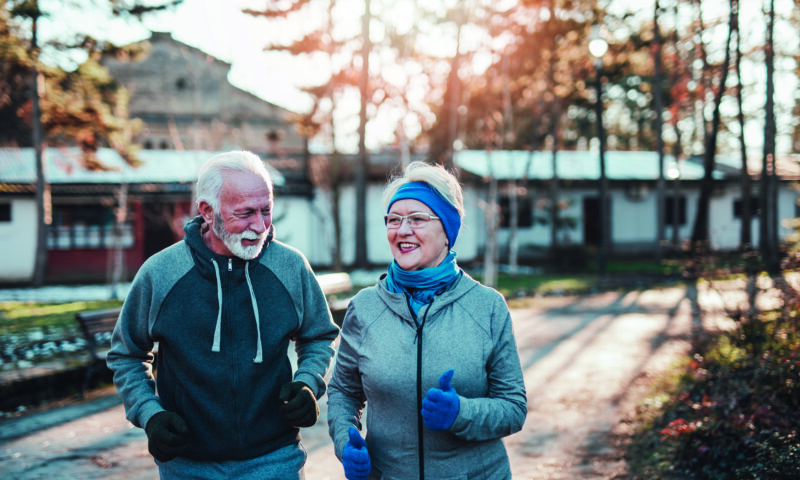New Rx law will pay off for some Medicare enrollees
(New legislation can save money for people with a Medicare prescription drug plan, writes Marguerite Ro, director of AARP Washington.)
By Marguerite Ro
Medication doesn’t work if you can’t afford it, and too many Washingtonians continue to struggle to fill prescriptions because of their cost. But that’s about to change for some.
A new law took effect on Jan. 1, 2025 for people with a Medicare prescription drug plan, capping out-of-pocket Rx expenses at $2,000 per year. An estimated 42,000 Washington seniors will see these new savings, an average of $1,500 in 2025, and that number will steadily increase over time.
It’s a victory we all share. Thanks to the unwavering dedication of AARP members across the country who have worked hand in hand with AARP’s efforts, we succeeded in passing a prescription drug law in 2022. Your stories and your voices made a difference. We couldn’t have done it without you.
Between 3 and 4 million Part D plan enrollees nationwide are estimated to benefit from the new out-of-pocket cap every year between 2025 and 2029, according to a report published by AARP.
A 2023 survey from AARP shows that 60 percent of older adults are very or somewhat concerned about being able to afford the prescriptions they or someone in their family need. Rising drug prices have left some older adults with no choice but to skip doses or go without needed medication altogether.
AARP fought tirelessly for the prescription drug law because we knew it would bring much-needed relief to Medicare enrollees trying to keep up with rising costs for everyday essentials like housing, groceries, and utilities. This law is a step toward easing that burden.
Limiting out-of-pocket expenses for medication is just one part of the 2022 law. It also makes many important vaccines, such as shingles and pneumonia, free. It limits insulin costs to $35 a month for Medicare beneficiaries and gives Medicare the power to negotiate with manufacturers to lower prices for certain high-cost prescriptions.
AARP’s work doesn’t end with the passing of this law. We will continue to ensure it is fully implemented and benefits older Americans for decades to come.
Marguerite Ro is AARP Washington’s director.



